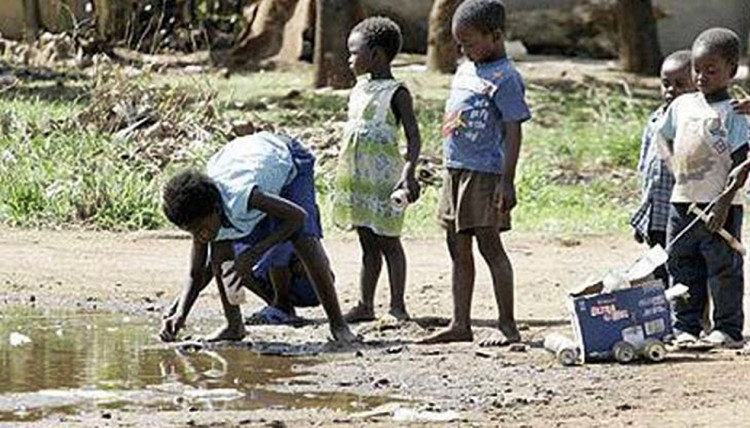The United Nations is appealing to world governments to donate a record-breaking $35 billion for life-saving humanitarian support that will help 160 million people in 2021.
It points out the economic fallout from the raging COVID-19 pandemic has pushed millions into extreme poverty. It previously warned about horrific levels of hunger in seven countries that stand to be ravaged by famine in 2021 without assistance.
These countries are Afghanistan, Burkina Faso, the Democratic Republic of the Congo, Ethiopia, Nigeria, South Sudan and Yemen.
Sir Mark Lowcock said that for the first time since the 1990s, global levels of extreme poverty will increase, threatening to reverse decades of progress in poverty alleviation.
"Unless there is support for the poorest countries, their hangover from the pandemic is going to be long and harsh, and it will bring with it chaos and anarchy," he noted.
Lowcock said the global pandemic is dramatically impacting people already reeling from conflict, record levels of displacement and climate change shocks. He said multiple famines are looming, while the situation is desperate for millions. The U.N. and its partners are overwhelmed by the crisis.
"The picture we are presenting is the bleakest and darkest perspective on humanitarian needs in the period ahead that we have ever set out. That is a reflection of the fact that the COVID pandemic has wreaked carnage across the whole of the most fragile and vulnerable countries on the planet."
Lowcock is the U.N. Under-Secretary-General for Humanitarian Affairs and Emergency Relief Coordinator and Head of the United Nations Office for the Coordination of Humanitarian Affairs.
"It's not the disease itself, nasty as it may be ... that is most hurting people in vulnerable countries," according to Lowcock. "It's the economic impact." He said rising food prices, paltry incomes, greatly reduced remittances, interrupted vaccination programs, school closures "hit the poorest people in the poorest countries hardest of all."
"As we approach the end of a difficult year, we face a choice as a global community: Are we going to let this pandemic unravel decades of progress, or are we going to act now to do something about it?" he asked.
Lowcock argued that while $35 billion may sound like a lot of money, the world's richest nations have lavished over $10 trillion to keep their economies afloat.
The U.N. said its humanitarian programs this pandemic year have reached nearly 100 million people in 25 countries. Two weeks ago, the U.N. released $100 million from an emergency fund to prevent further deterioration in poverty.
U.N. Secretary-General Antonio Guterres called on donors to help those at greatest risk "in their darkest hour of need."
"Conflict, climate change and COVID-19 have created the greatest humanitarian challenge since the Second World War," said Guterres.
The U.N. said the actual need is far greater. Some 235 million people, or one in every 33 people on the planet, require aid or protection. This number is a massive 40% increase over 2020.






